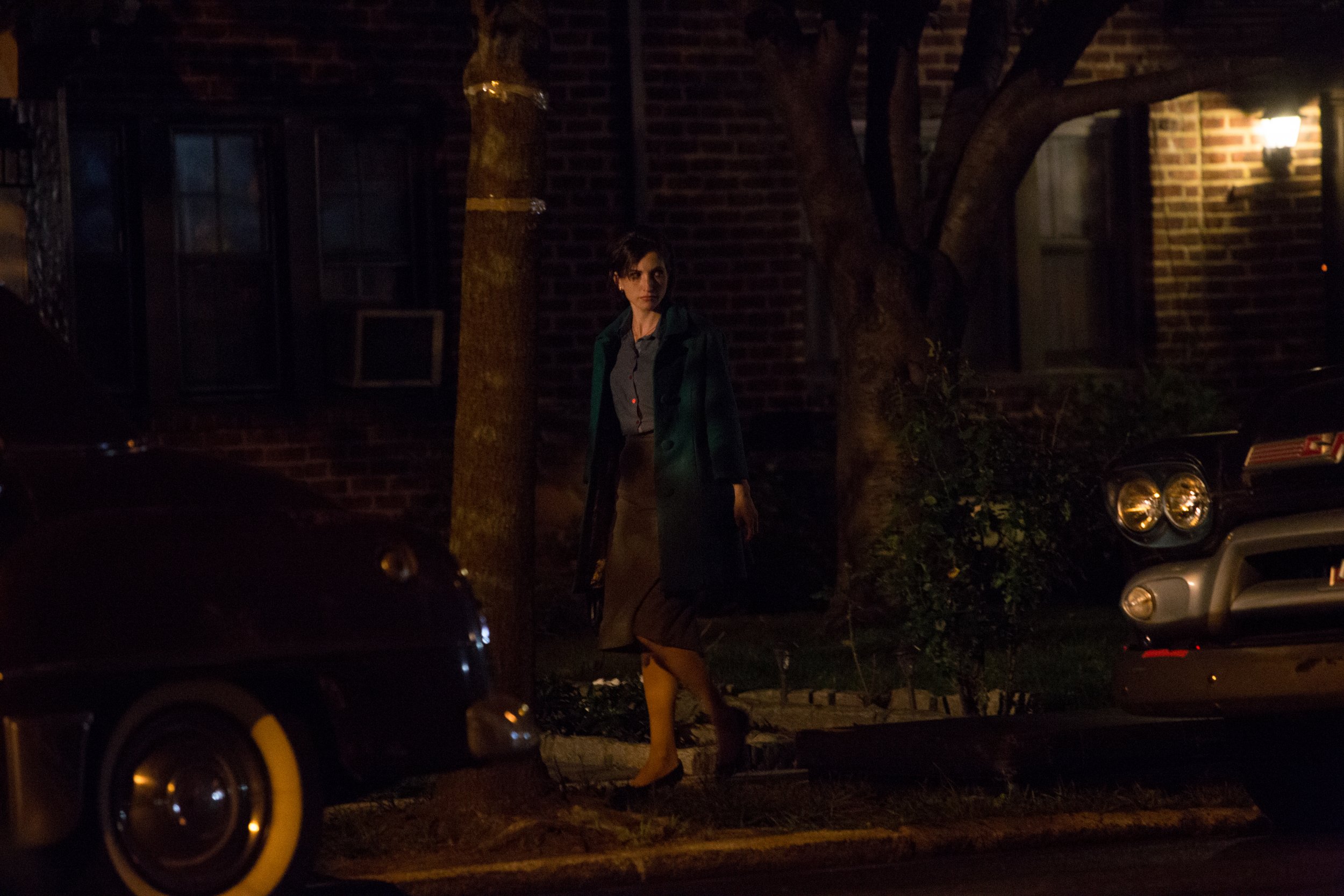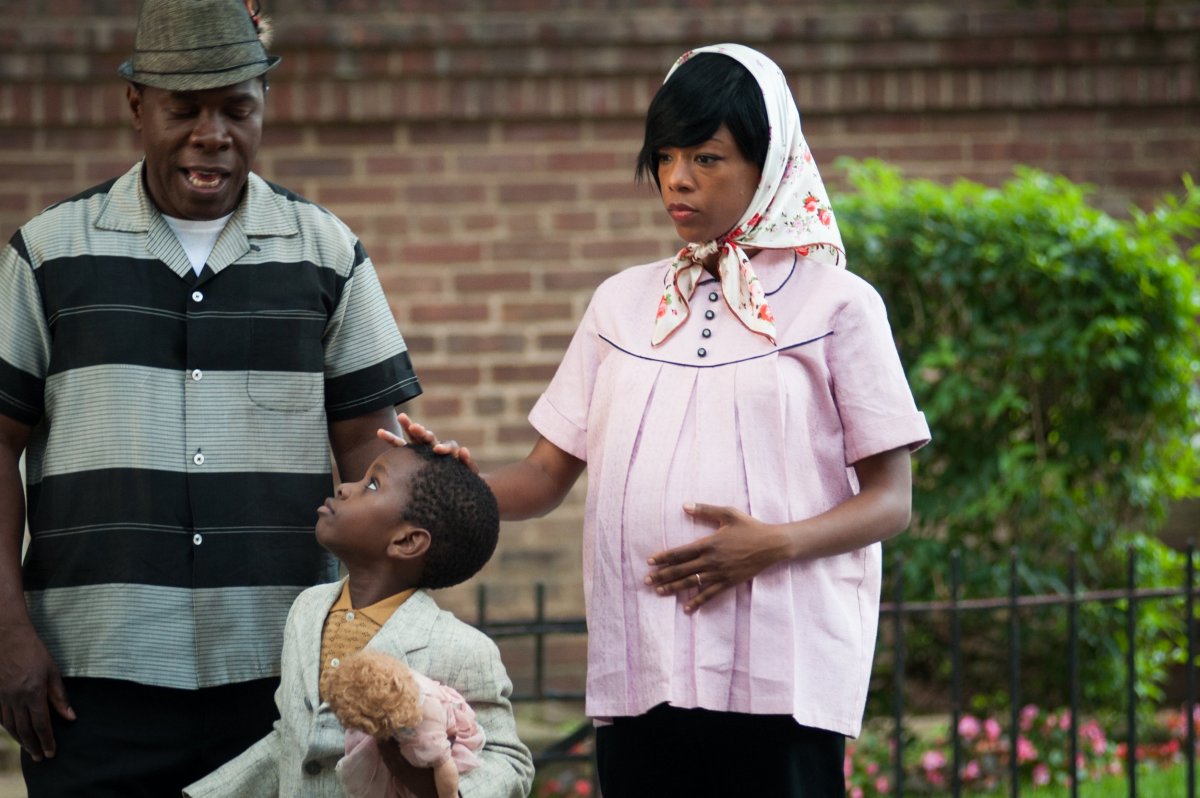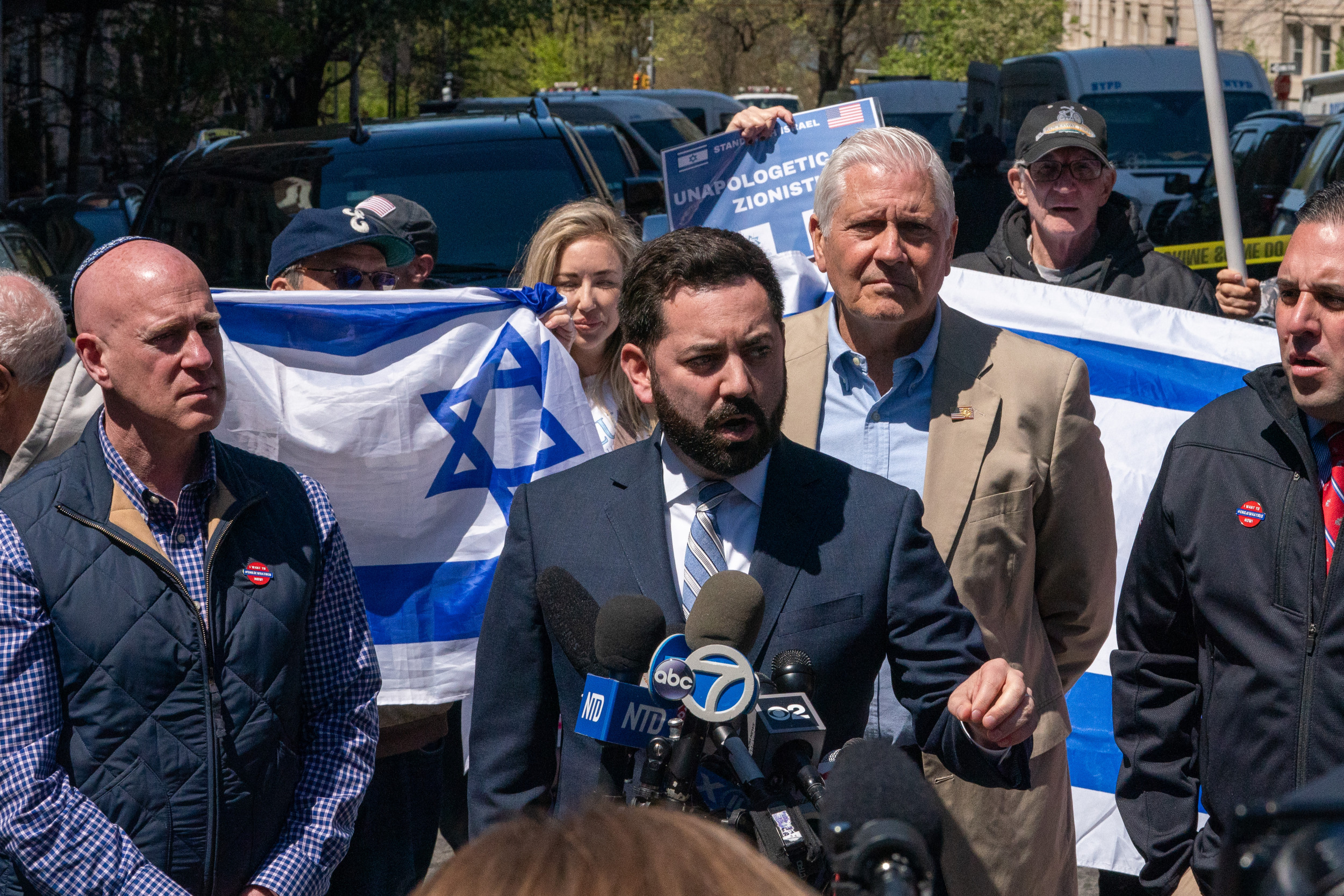
In 1964, there were 636 murders in New York City. These included James Powell, a 15-year-old black boy whose killing by the New York Police Department precipitated a riot in Harlem. August Paino, a Boy Scout, was fatally stabbed in Brooklyn by gang members whom he was trying to recruit into his troop. Reuben Markowitz, a Brooklyn bookie, killed by a Park Avenue industrialist. The body of Ernest Rupolo, a member of the Luciano organized crime family who had testified against his associates 20 years before, was found in Jamaica Bay, his feet encased in concrete.
And then there was Kitty Genovese, who is not only the most famous murder victim of 1964 but perhaps the most famous victim in the history of New York City. This despite the fact that she was not a person of note before her death became a national curiosity. And that curiosity was not of the whodunnit kind, since there is little ambiguity surrounding the crime that ended her young life in the early hours of March 13, 1964, on an empty street in Kew Gardens, a residential section of Queens. Her killer, Winston Moseley, was caught by the NYPD in less than a week. He owned up to that crime and several others and went to prison for the rest of his life. Moseley died last spring, at the age of 81, after 18 unsuccessful trips before the parole board. He spent 23 more years in prison than Genovese did on Earth.
Genovese, though, lives on, her name more evocative than any other of the deepest fears we have of big-city living: that every man really is an island, and when the bell tolls, we will disregard its calls. The lurid fascination with Genovese's fate has to do with the famous inaction of her neighbors in Kew Gardens, 37 of whom supposedly heard her screams and did nothing to stop the knife attack. Moseley attacked her twice, first on the street and then in the vestibule of her building, allowing plenty of time for someone to do something. But everyone did nothing. The myth of the callous neighbors was first proffered in The New York Times, despite dubious evidence to support that notion. Much later—in 2004—a revisionist account in the same newspaper , more persuasive than the account it was revising, argued that "there was less cold-heartedness in Kew Gardens than has been commonly portrayed." But it was too late. Genovese's blood, dried in place, remains.
This year has seen a resurgence of interest in the Genovese case, with two new films about her murder. Why now? There is no obvious news peg, the 50th anniversary of her killing having passed in 2014. There have been no new discoveries, no suggestions that, in Moseley, the cops got the wrong guy.
But maybe they'd gotten so many of the bad guys since then that New York City has become too safe, and the newcomers from Duluth and Dublin needed to be reminded of the bad old days. Maybe the New York Post is right and the city is slipping back into chaos, in which case the reminder is more like a warning. Or perhaps it's one of those stories that New York City loves to tell, to remind itself of what it takes to live here—much more, presumably, than what it takes to live in Duluth.
Earlier this year saw the release of The Witness, a documentary that had Genovese's brother, William, essentially re-investigate the case because he was skeptical of the official narrative, which is also the popular one. He reached the conclusion that the vast majority of Genovese's neighbors could be absolved of the heartlessness that has hounded them for half a century. Only two, suggests the documentary, were in any position to stop the killing of Genovese and, either out of cowardice or indifference, chose not to.
The just-concluded fifth season of the HBO series Girls also covered the case, in a sign that even the Snapchat generation hears Genovese's pleas for help. In an episode titled "Hello Kitty," Lena Dunham's protagonist, Hannah Horvath, goes to see a play, staged inside an apartment building, called 38 Witnesses. "By entering this building, you have all become silent bystanders," says an announcer introducing the performance. In a kind of meta-theatrical trick, Hannah is too busy arguing with her current boyfriend and worrying over her past one to pay attention to the play. In one of the apartments that serves as the play's "stage," a Beat poet explains to a police officer the central predicament of the Genovese case: "We were just living our boring lives, baby."
Now comes 37, a feature film about, well, you can probably tell. The first full-length film from Danish-born director Puk Grasten, it follows several of (fictional) neighbors, who would become, along with Moseley, the guilty party in the crime (the exact number of witnesses is hard to discern, but I like 37, because it is a prime number, and thus inherently intriguing). The action of the film takes place, mostly, in the hours leading up to the killing, the act itself a haunting presence that looms just offstage. This is clever at first, then less so. Grasten doesn't have to show the murder itself, but she has to contend with it. She never does. The resulting film is like a dinner that consists only of amuse-bouche, though you don't know that until the check arrives.
The premise of 37 is intriguing; the film itself, though, doesn't deliver on its promise. Its protagonists are three families: one African-American, new to the neighborhood, one white and dysfunctional, another an elderly couple raising their sensitive granddaughter. The other witnesses include a Mexican elevator operator, a lonely artist living in squalor and two aging sisters in furs. That's well short of 37, by my count, but the point that Grasten wants to make is that these people are representative of 30 or so others who heard or saw the killing—and representative of us all, as we regularly engage in our own selective moral filtering. The homeless guy on 47th Street asks you for a buck, and you avert your gaze, telling yourself he'd squander it on booze anyhow. And maybe he would. But over time, the byways of the heart harden. On that, the philosophers and the cardiologists surely agree.
"First rule of survival: Do not get involved," says Michael Potts, who with Samira Wiley does some of the finest acting in the film. That isn't so much the movie's theme as its observation, that for all of society's appeals to the better angels of our nature, we are more often selfishly passive. Grasten attempted to make this tale of murder oddly hopeful by refusing to judge the maligned witnesses to the killing. But she has also failed to give the film a central conflict. If not the murder of Genovese, then what? Grasten's skillful camerawork imbues ordinary scenes of urban domesticity with portent, but that isn't enough. Expecting bloodshed, the viewer finds scenes of low-grade domestic dispute. I imagine most others will be as displeased by this cinematic bait and switch as I was.
It's a shame, because some first-rate acting is squandered here. The best (along with Potts) are two cast members of Orange Is the New Black, Wiley and Maria Dizzia. Both play the wives of difficult, flawed men who seemed to be crushed by the responsibilities foisted on them by adulthood. There is another poor excuse for a husband and father who haunts the edges of this film: Winston Moseley.

37 does not inspire sympathy for the fine folks of Kew Gardens in the way The Witness did, even though the former, a work of art, could have taken whatever liberties it wanted with the truth in order to engender compassion. Constrained by the truth, Genovese's brother had to do the hard work of figuring out who, exactly, witnessed what, and where the Times and NYPD got things wrong. So when he exculpates someone, it is by nothing other than fact.
Grasten tries for something more complex, but the maneuver fails. She seems to suggest that the existence of quotidian problems is a kind of excuse for inaction, in which case we can safely forget about Kitty Genovese, the Syrian refugee crisis and just about anything else beyond the front door. These are all concerns, yes, but they are not concerns we are impelled to make our own. We are concerned only with who will cook dinner.
Uncommon Knowledge
Newsweek is committed to challenging conventional wisdom and finding connections in the search for common ground.
Newsweek is committed to challenging conventional wisdom and finding connections in the search for common ground.
About the writer
Alexander Nazaryan is a senior writer at Newsweek covering national affairs.
To read how Newsweek uses AI as a newsroom tool, Click here.








